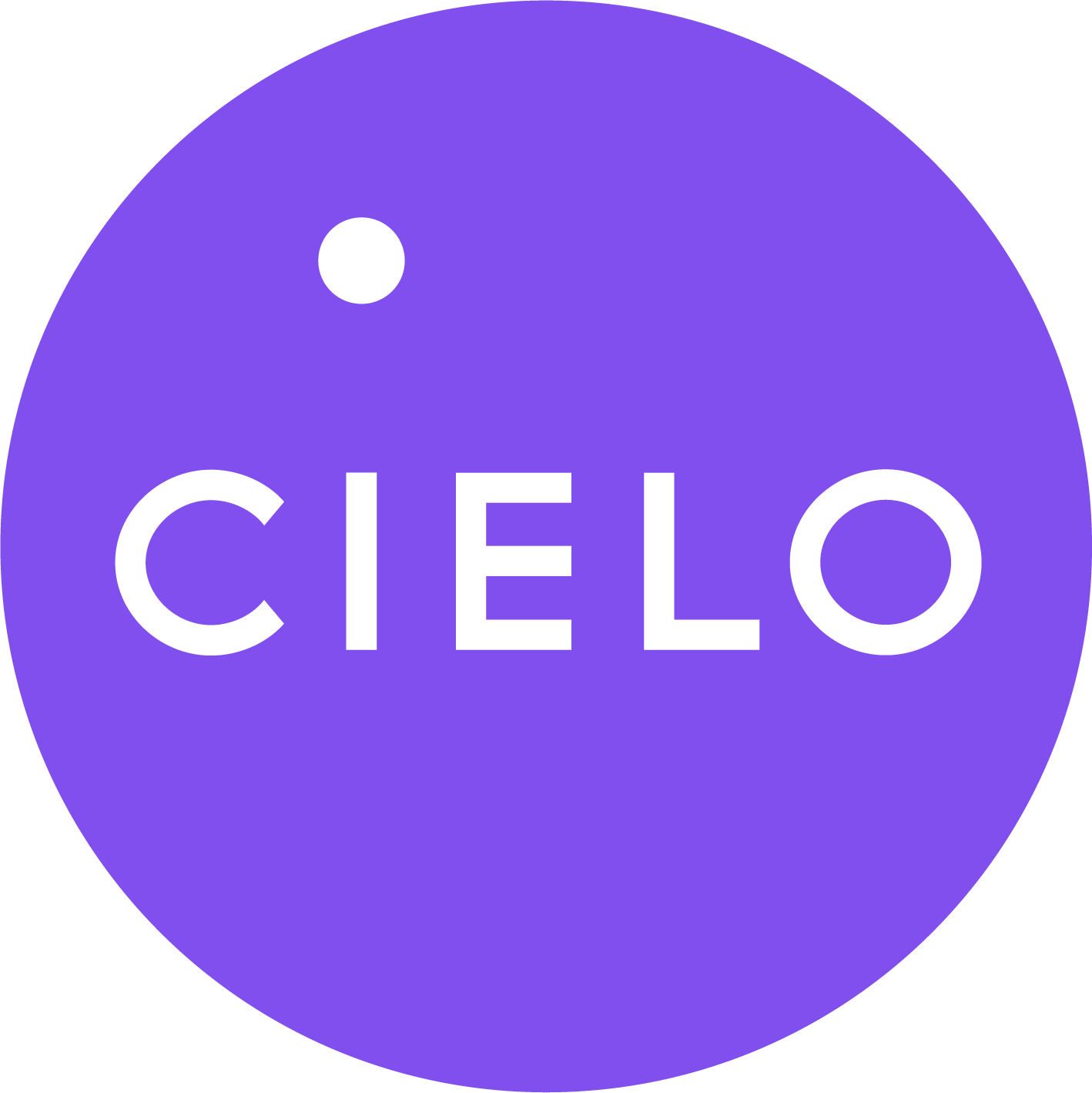 By Tanya Derrick, Client Services Director
By Tanya Derrick, Client Services Director
The British government has been actively promoting the Pharmaceutical and Life Sciences industry sector with the creation of its Office for Life Sciences. Intended to support the biotech, pharmaceutical and medical device industries, the office reported that a total of 5,700 new jobs across the sector had been created in 2018, indicating that recruitment is high on the agenda.
This initiative was in response to a long-standing dearth of qualified personnel, with restricted pipelines of newly emerging talent and an insufficient pool of skilled workers. However, it has been noted that non-UK personnel applying for senior roles at British pharmaceutical firms has dropped from approximately 40% to 15% in the past 18 months, representing a further substantial reduction of the talent pool.
Companies have grappled with this problem by considering different business models to find which talent strategies work best for them. Business performance, organisational agility and acquiring the best possible talent are common goals.
An Industry in Flux
A 2019 report by the ABPI highlighted the skills gap in several sectors of Life Sciences, indicating major problems in the areas of computing and mathematics.
This is largely a result of rapidly developing IT-based disciplines such as health informatics and systems biology, while the increasing complexity and prevalence of technological equipment makes up-to-date learning an ongoing issue. Fast-moving innovations in AI and medical techtronics mean that the goalposts are constantly moving, and the required skillsets may change on an almost daily basis.
Many pharmaceutical companies are investing in graduate talent pools in order to establish qualified personnel pipelines, but there are other ways of increasing your recruitment success that may help fill those positions. Drawing from our experience delivering recruitment solutions to the Pharmaceutical and Life Sciences industries, Cielo recommends six strategies that can help combat a talent crisis:
1. Recruit for now and the future
The talent pools and pipelines for your organisation need to be strategically aligned to the business and provide sustainable results. For instance, being proactive in mapping your business-critical talent in specific locations, and analysing where potential skills gaps exist, can help enable a strategy that would transfer expertise when needed. In the commercial sector, for example, one might be looking for experienced negotiators, drug safety legislation specialists, or experts in quality assurance.
Building and maintaining a strong employer brand, which includes a positive candidate experience, will also bring more talent to the table. It is impossible to avoid vacancies, but some proactive work can definitely reduce time-to-fill.
2. Attract global talent
The UK is still a desired location for global talent. Many candidates would be willing, even eager, to relocate and take on the challenge of a new setting. Geography should not be the first lens through which companies view a vacancy, and it should be emphasised that it is the organisation overall offering the position as opposed to a particular office.
The Life Sciences recruitment sector suffers additionally from a lack of personnel with sufficient digital skills, such as biometrics, programming, and project management for outsourced clinical trials. Any company to mobilise their employees to areas of high technological demand through training will substantially enhance its skills profile.
The same principles apply to internal mobility – one of the best ways organizations can confront skills gaps is by looking within. Internal strategies have the added benefit of showing current employees and future candidates that your organisation will provide opportunities for mobility. That in turn will enhance your employer brand, which is key to any good talent strategy.
3. Make Your EVP an MVP
The many innovations in technology require legislative changes, including amendments to the ABPI code of practice, which consequently require specialist skills to implement. The lack of junior-level recruitment in the period of the recession also means that there are now insufficient skilled senior-level management candidates. With limited talent pools across the Pharmaceutical and Life Sciences industries, it is therefore absolutely vital to craft an Employee Value Proposition (EVP) that attracts individuals with not just the right technical skills, but also the relevant behavioural traits to promote and manage change.
Focus your EVP message on what makes your organisation different, and ask current employees what they believe would help to attract top talent. This not only can help strengthen your EVP, but will build employee engagement and promote your company's Minimum Viable Product status.
4. Keep Your Employer Brand Consistent
Part of that strong EVP will come from having a consistent, respected employer brand. Pharmaceutical and Life Sciences companies often operate on a global scale, and while that does lead to necessary variations for location and cultures, the heart of the brand should still shine through.
Candidates will not view favourably any organisation that is known for treating its employees well in one area but not another. Each location – and each employee – is essential to the organisation’s success.
5. Retention, retention, retention
Where there is a scramble for talent, there will also be an emphasis on retention. Many Pharmaceutical and Life Sciences organisations have made sure to prioritise the assessment of current employees and succession planning to ensure that they have a pipeline of future leadership in place.
They know giving employees the chance to progress in their careers makes them less of a flight risk. Whether that means relocation opportunities, digital skills training, or higher positions, employees should feel confident that career advancement is not only possible but encouraged.
6. Work with strategic, specialized partners
Building full talent acquisition teams in-house, creating the EVP and acquiring the right technology while meeting day-to-day demands of the business is a very complex undertaking. Partnering with strategic experts allows your business to be more cost- and quality-effective in trying to accomplish all this. An RPO partner will deliver insights based on data, an articulated EVP and employer branding support, technology ant talent pooling and segmentation expertise as a part of an integrated, end-to-end talent acquisition process.
Times may change, but the challenges in making sure your organisation has the right talent in the right places will never go away. Using these tried-and-true strategies, your organisation can focus on realising its vision while the people who make it all happen – your employees – will feel fulfilled and make the most of their skills and talent.



